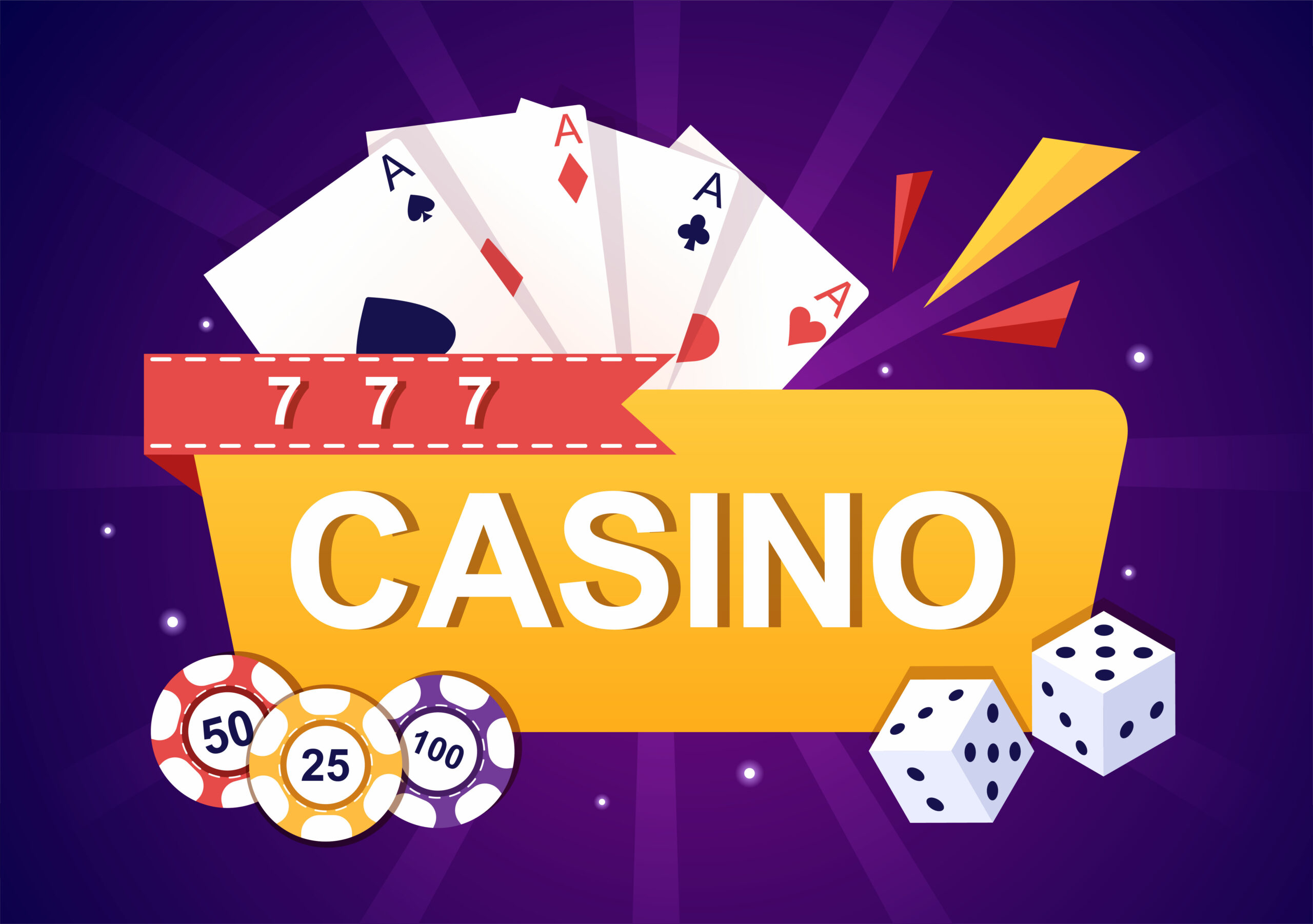
When we think of casino games, the initial pictures that often come to mind are those of rotating wheel wheels, card chips clattering on felt tables, and cubes flying across a betting area. While many consider these activities as mere hobbies fueled by luck, a deeper exploration reveals a captivating blend of tactics, skill, and social engagement that elevates them well beyond basic chance. Whether you are a experienced player or a curious newcomer, understanding the subtleties of these activities can significantly enhance your experience and understanding.
Casino games have developed over hundreds of years, with different cultures contributing to their diverse backgrounds and variations. From the intricate strategies of blackjack to the bluffing tactics in card games, players engage in a battle of wits as much as a risk on odds. This exciting interplay between chance and skill creates a thrilling atmosphere that draws millions to gambling establishments worldwide. As we explore the realm of table games, we will reveal the methods that can shift the odds in your favor and the community elements that make these games a popular choice for leisure and interaction.
The Strategy of Casino Gaming
Table gaming often involve a blend of skill and luck, which makes them fascinating for players who like a challenge. Each game has their own set of guidelines and strategies that can influence the outcome. For example, in titles like blackjack, players are required to use tactics like counting cards and understanding the probabilities to make informed decisions. nhà cái uy tín This skill set can greatly improve their victory potential, differentiating seasoned players from beginners who may rely solely on chance.
Conversely, titles such as roulette may appear to be entirely based on luck, but strategic thinking can also come into play. Players can choose between various wagering strategies, such as the Martingale strategy, in which they raise the bets after a loss. This method can create a more controlled approach to the game. Grasping the probabilities of specific wagers can also assist players make better decisions on the roulette table, demonstrating that even games of chance, strategy can enhance the enjoyment.
Furthermore, poker is notable as a title that heavily focuses on strategy. Unlike most casino titles, poker combines skill, mental acuity, and luck. Players must also concentrate on the hands they are given but also take into account their opponents behavior and wagering patterns. Mastering principles like position, the odds of the pot, and interpreting bluffs is essential for winning. This complexity of strategy in the game of poker often creates to a more immersive encounter for players, as the decisions and abilities greatly affect the game’s results.
Grasping Likelihood and Odds
In the realm of casino matches, probability and odds play a vital role in determining a player’s potential consequences. Every activity has its own collection of guidelines that dictate how the chance of winning or losing is calculated. For instance, in games like blackjack, participants have a chance to influence their ratios through strategy, whereas in games like the wheel, the outcomes are purely governed by luck. Understanding how these probabilities are measured can greatly impact how a player approaches the match.
Odds are typically presented in two formats: fractional and numeric. Fractional odds show the proportion of the amount won to the sum staked, whereas decimal ratios show the total return for a winning wager, including the initial bet. For example, if a match has odds of 5 to 1, this means that for every one unit bet, a gambler could gain five units if they win. Knowing how to interpret these odds allows players to assess their potential earnings and make more wise choices during play.
Players should also be conscious of the casino advantage, which is the casino’s built-in advantage over the gamblers. Each match has a different advantage, and grasping this idea is essential for handling one’s expectations and funds. Games with a lower house edge, such as 21 and chemin de fer, typically offer better ratios for players compared to games like slots and keno. By understanding the connection between chance, ratios, and the house edge, players can enhance their gaming engagement and strategize more efficiently.
The Aspect of Casino Table Games
Casino games at casinos are often seen as a center of community engagement, drawing players together in a collective experience that extends far beyond the mere act of playing games. The atmosphere at a poker table can be vibrant, with gamblers engaging not only with the game itself but also with each other. Joy, cheers, and, sometimes, playful teasing create connections that improve the overall enjoyment of the gaming experience. This communal aspect can turn a solitary endeavor into a dynamic social event, making casino games particularly enticing.
One of the fascinating elements of gaming at tables is the way it fosters camaraderie among players. Whether it’s collaborating to defeat the dealer at a dice table or sharing stories between hands in a card game, the environment encourages communication. Players often share tips or tactics, creating a sense of community that boosts the fun. This social dynamic can make new players feel included and less daunted by the competitive nature of casino games. As the game continues, friendships may form, leading to a sense of belonging that keeps players coming back to the table.
Moreover, the social aspect of table gaming extends beyond just the players. Dealers play a crucial role in facilitating interaction and maintaining the flow of the game. Their ability to engage gamblers with warm dialogue and their expertise in managing the table can create an inviting atmosphere. This connection between participants and staff adds another layer of enjoyment, where gamblers feel bonded not only to one another but also to the staff. Such interactions are often what make the experience unforgettable, as players leave with tales to tell and relationships made, reinforcing the notion that table games are truly about more than just chance.
